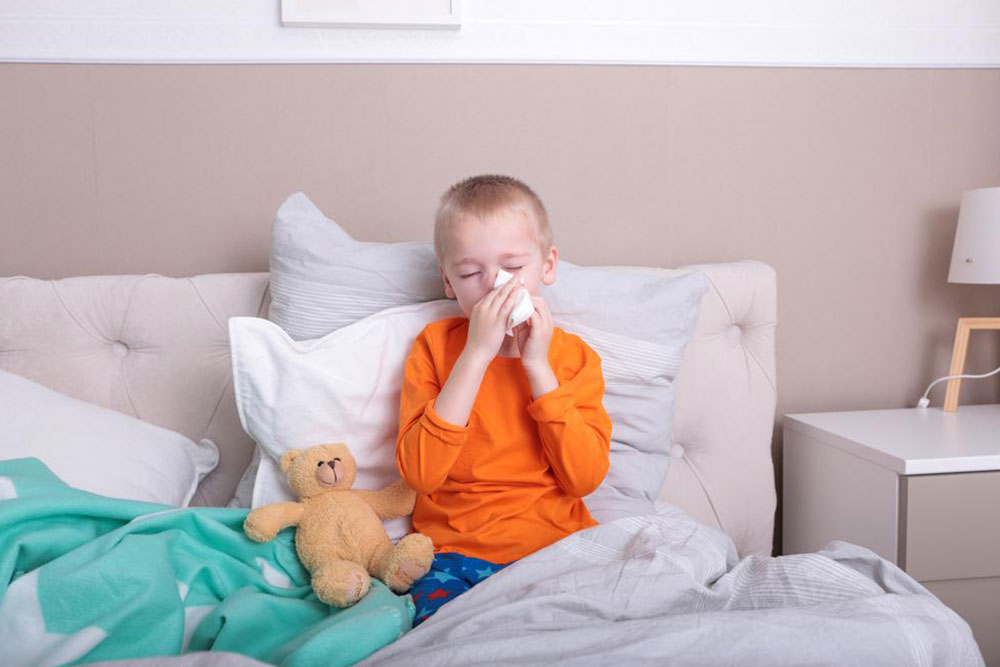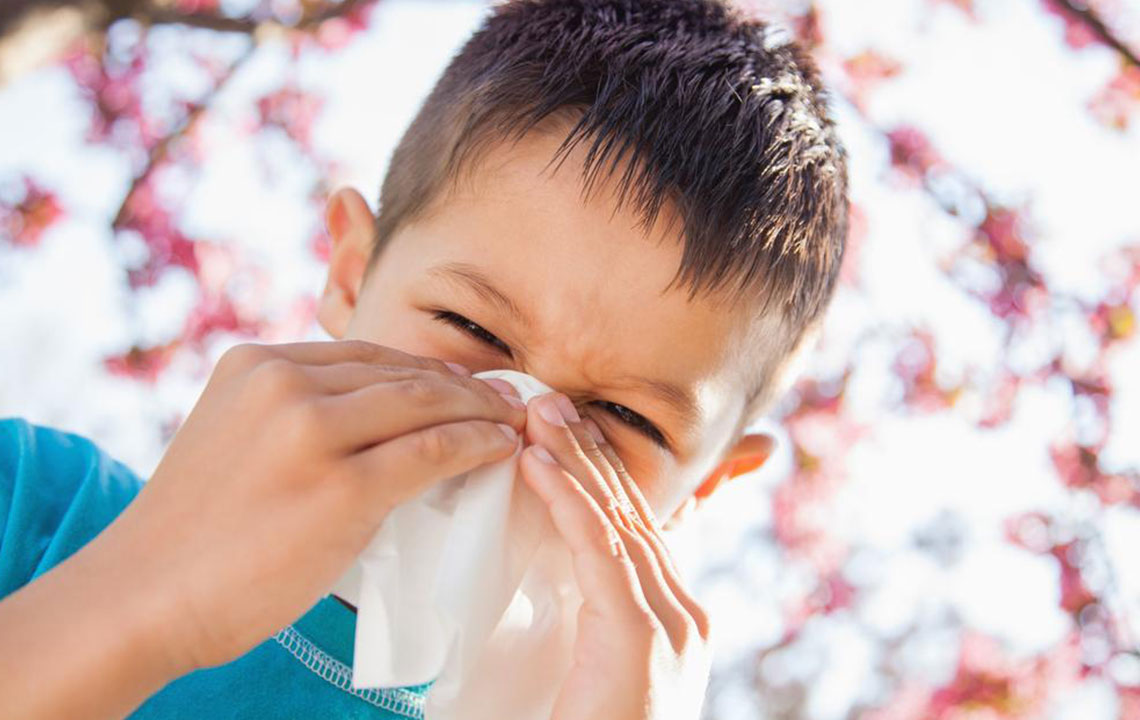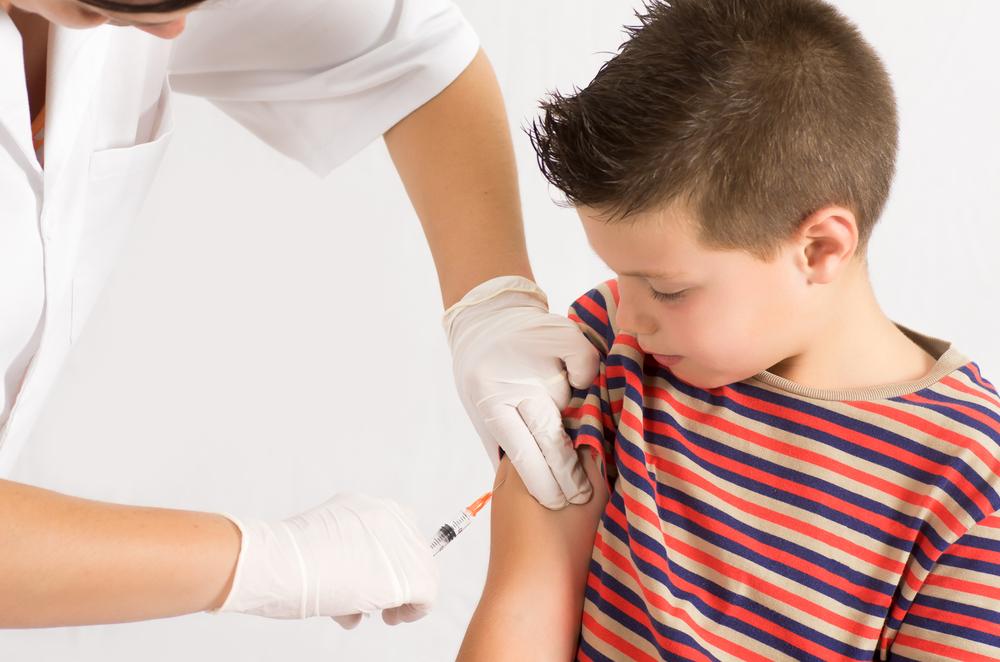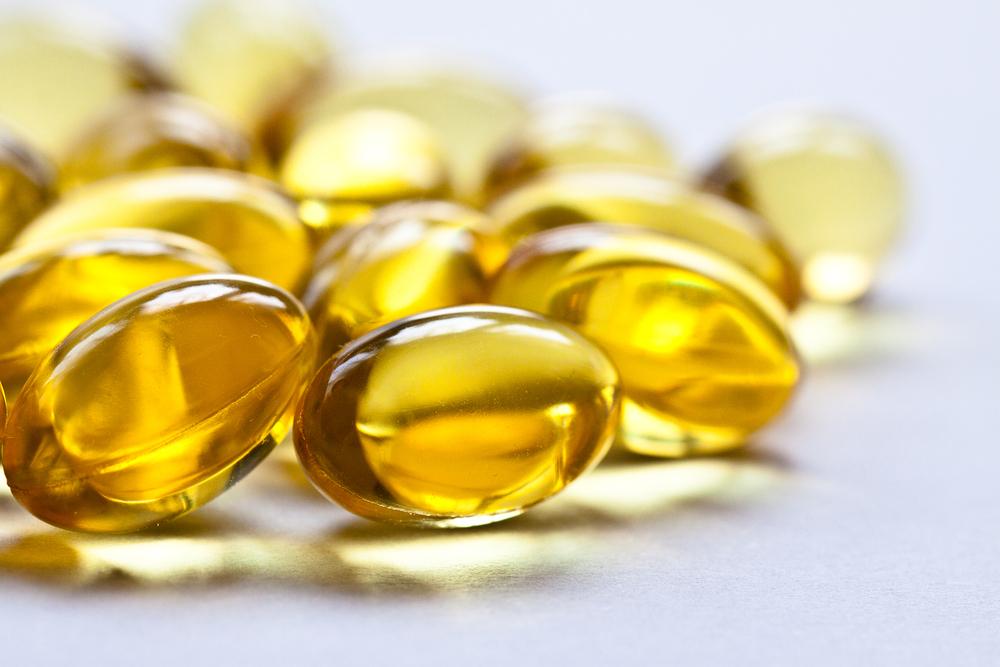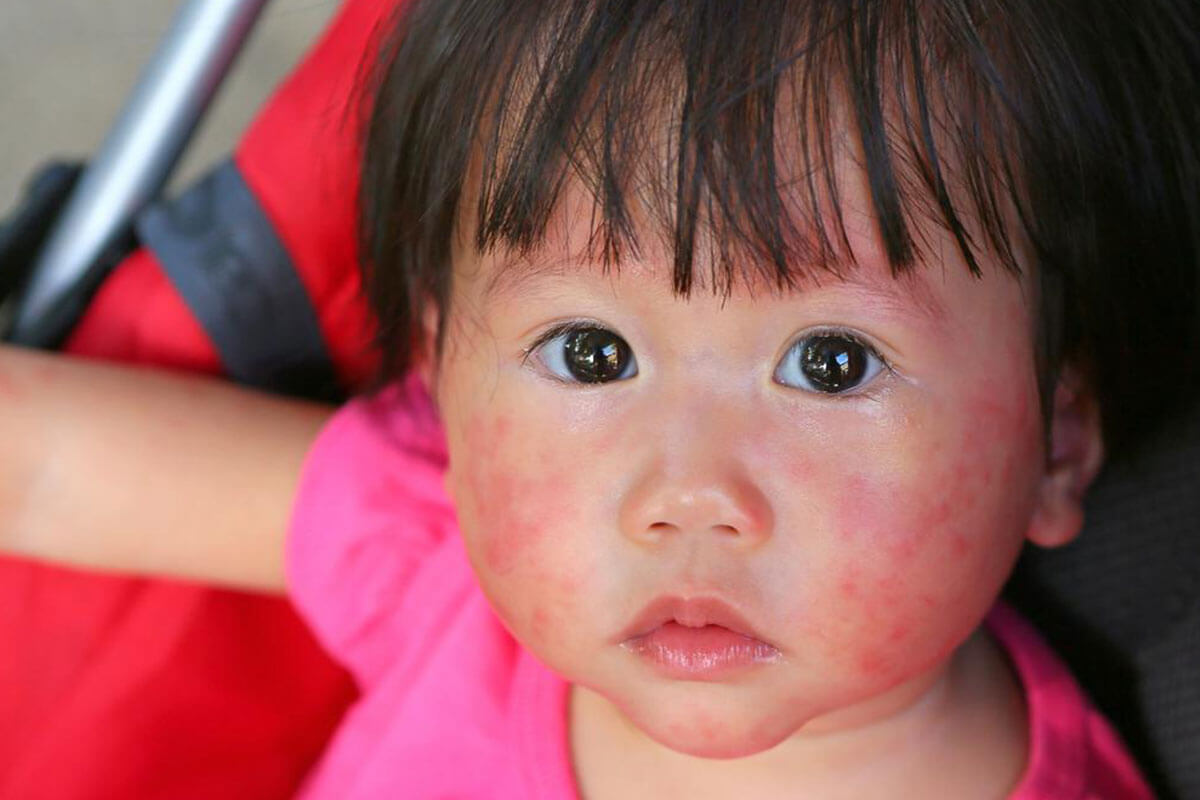Essential Immunization Timeline for Infants and Young Children
Learn about the essential vaccination schedule for infants and toddlers to ensure their health and protection from serious diseases. This guide covers key vaccines, recommended timings, and the importance of consulting healthcare professionals for personalized advice.
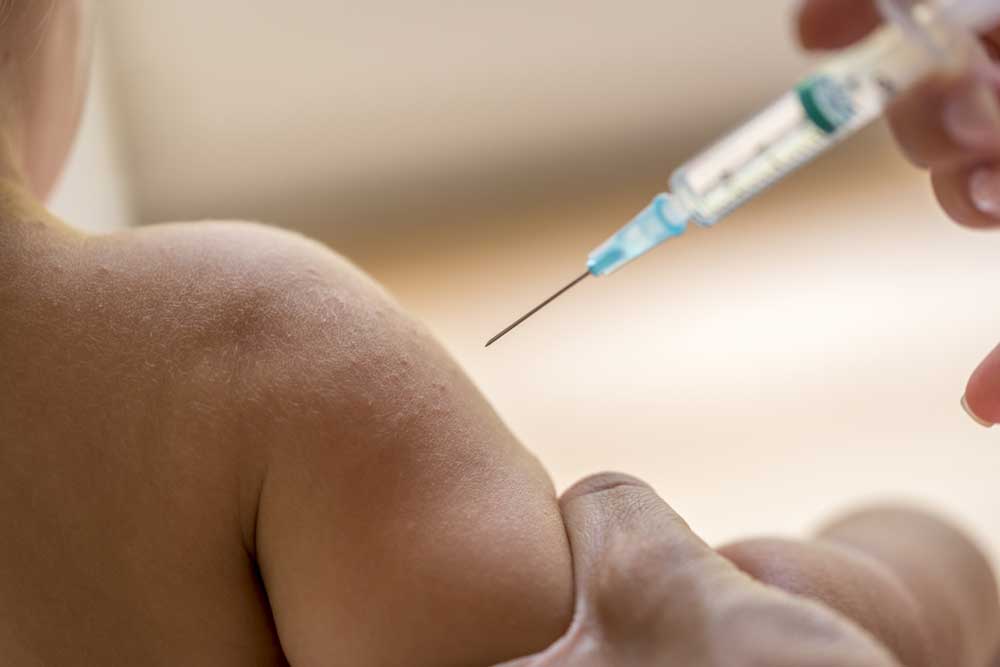
Understanding the Immunization Timeline for Infants and Toddlers
Vaccinations play a vital role in maintaining your child's health and safeguarding them from serious diseases. While breast milk provides some immunity for newborns, this protection fades within the first year. Since not all babies prefer breast milk, timely vaccinations become essential to ensure ongoing protection. The CDC (Centers for Disease Control and Prevention) establishes the recommended vaccination schedule for children across the country.
Why Vaccines Are Important
Vaccines stimulate the development of antibodies against specific illnesses, enabling the child's immune system to fight infections more effectively in the future.
Not all vaccines are administered simultaneously to newborns. Following a structured vaccine schedule is crucial.
Recommended Vaccination Timeline
HepB – Administered in three doses, starting at birth. By the time children enter school, most states require the HepB vaccination.
RV – Given in two or three doses, this protects against rotavirus, a leading cause of severe diarrhea.
Hib – Consists of three or four doses, protecting against Haemophilus influenza type b, which can cause bacterial meningitis.
DTaP – Requires five doses during infancy and childhood. Booster shots are recommended during adolescence and adulthood.
IPV – Given in four doses, this vaccine defends against polio.
PCV – A series of four doses to prevent pneumonia and related diseases.
MMR – Protects against mumps, rubella, and measles. The first dose is typically given between 12 to 15 months, with a second dose 28 days later or between ages 4 to 6.
HepA – Two doses administered between ages 1 and 2 years.
Varicella – Two doses to protect against chickenpox.
While the CDC's vaccination schedule is generally recommended, some children might require a slightly different plan. Consulting a pediatric specialist ensures your child receives the appropriate immunizations at the right times.
Disclaimer:
The information shared on this platform covers various categories to provide helpful insights. While based on research, it should not be regarded as definitive. The site cannot be held responsible for discrepancies or inaccuracies from other sources. Additionally, some schemes or offers might not be included here that could benefit readers more.


